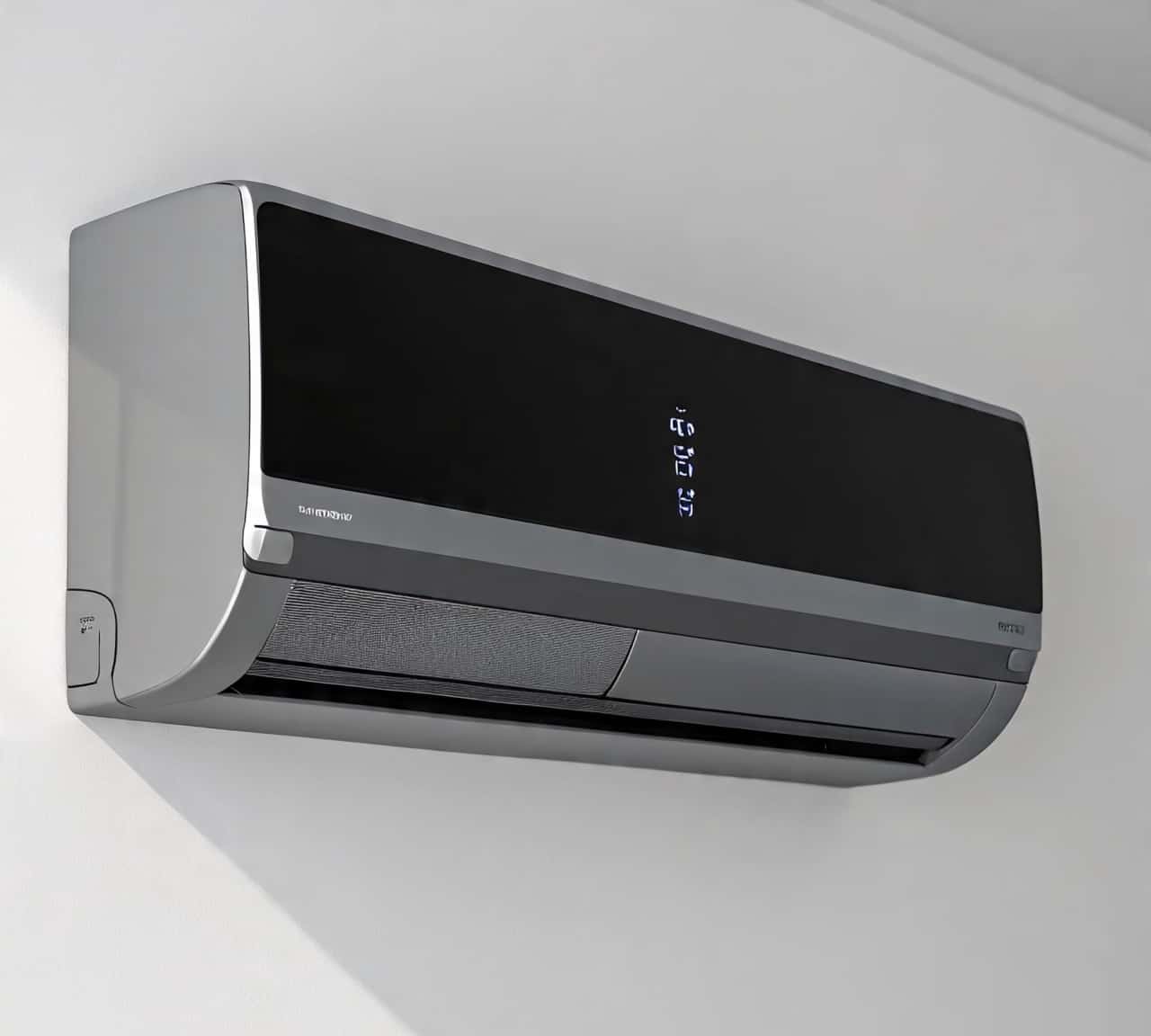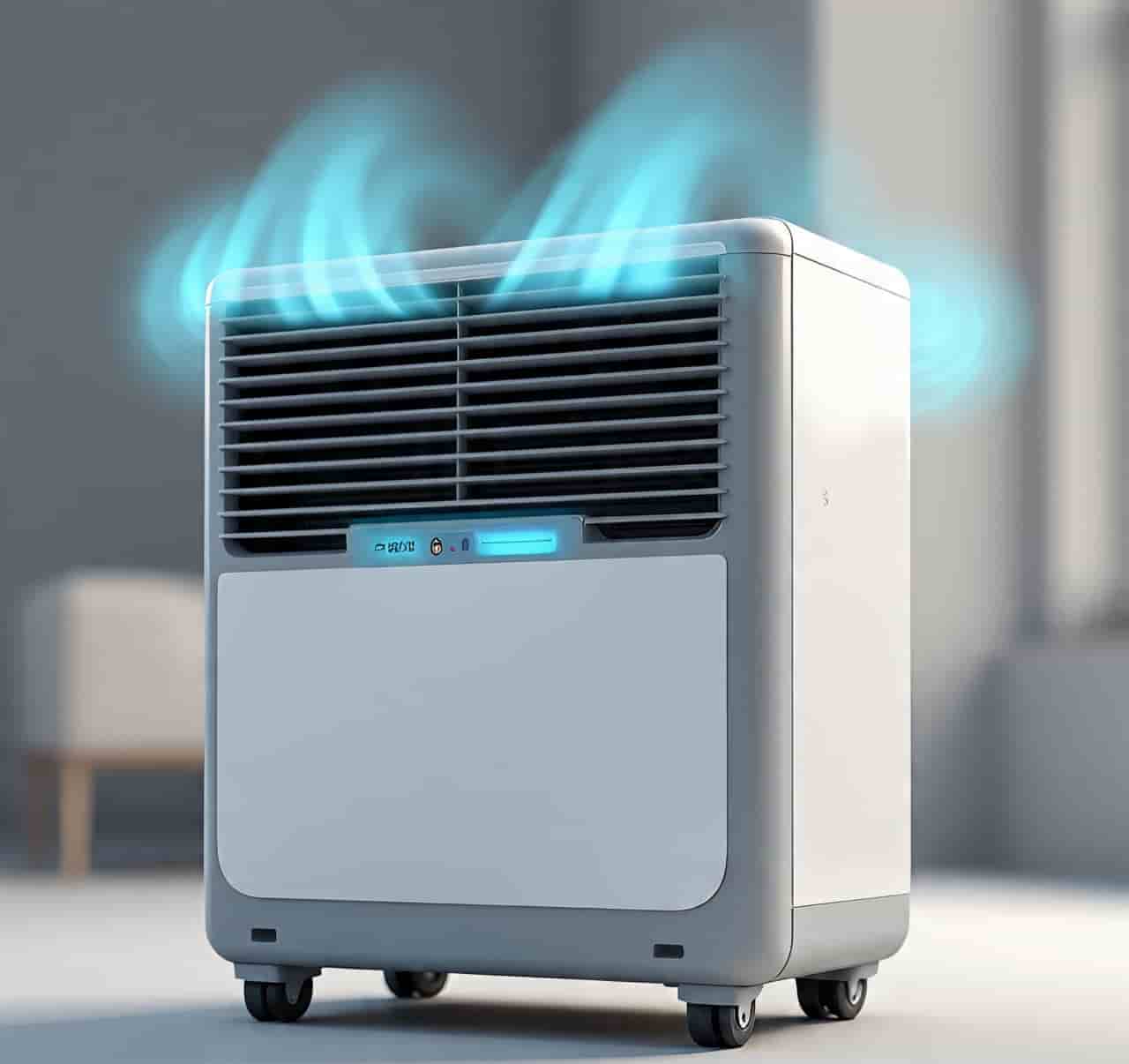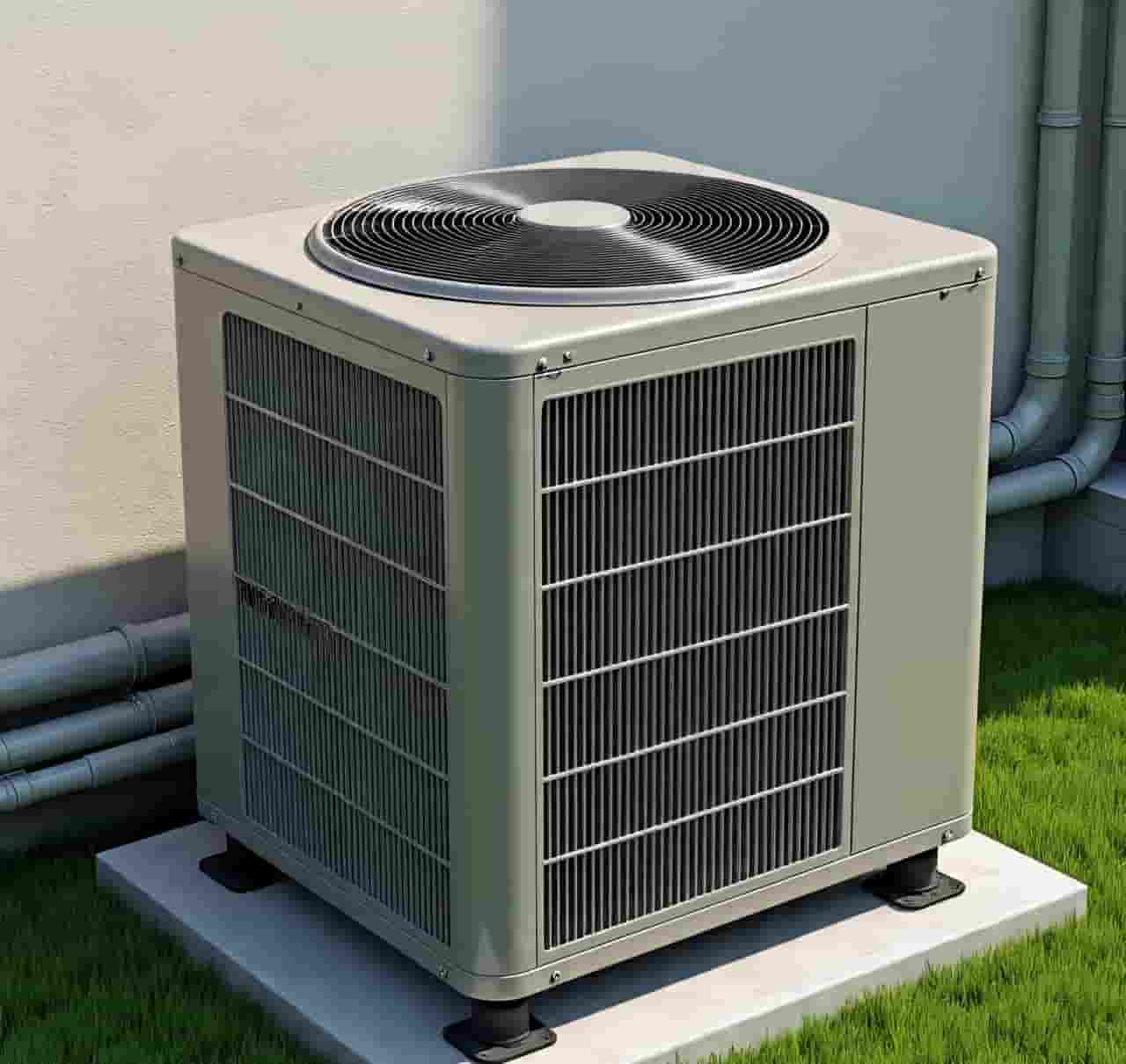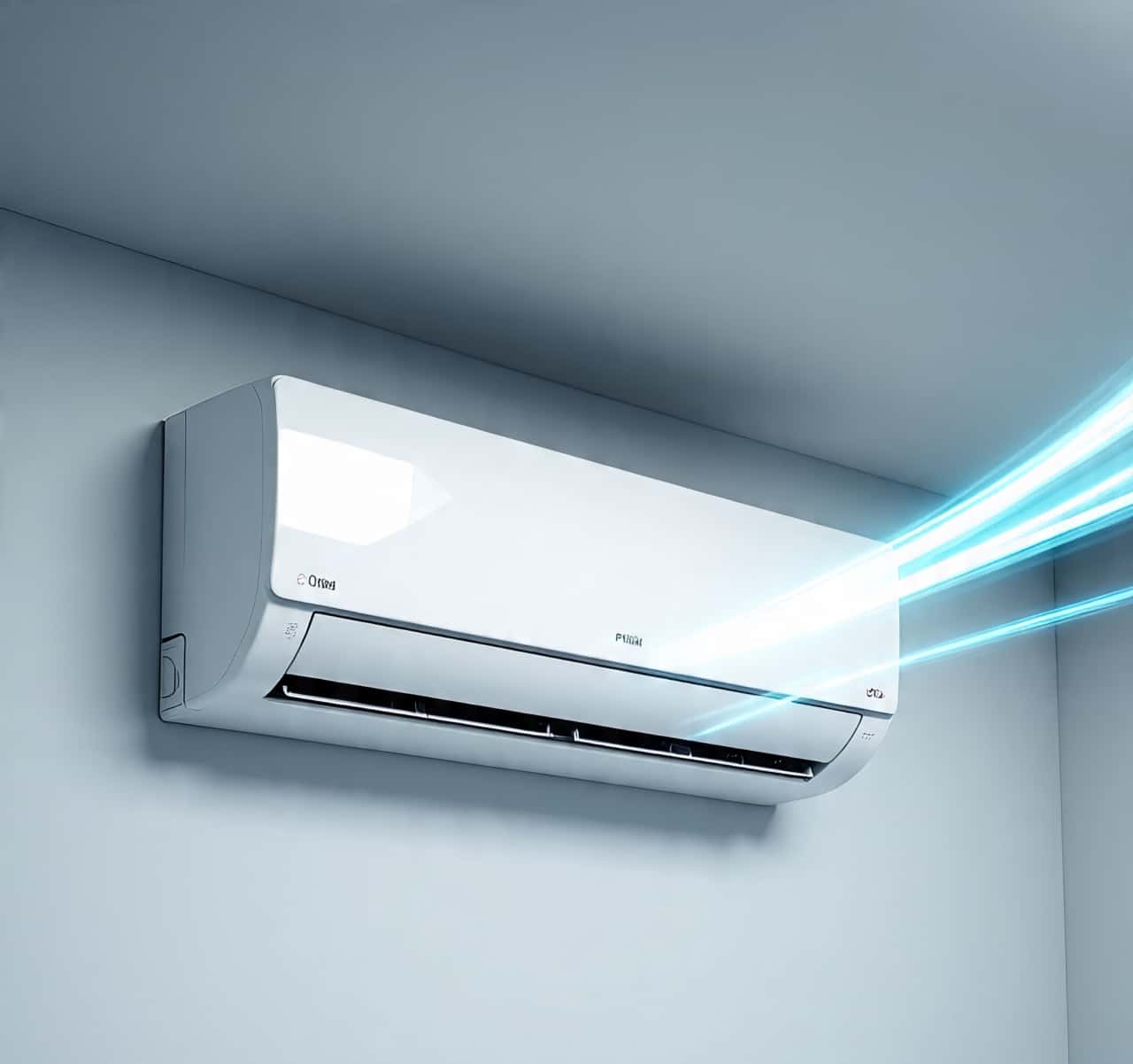Feeling confused about air conditioners? You're not alone. With so many types, features, and technical terms out there, choosing the right AC can be overwhelming—especially if it’s your first time. But don’t worry! This beginner’s guide will walk you through everything you need to know before buying an air conditioner, in plain, simple language.
Whether you’re looking to cool a small room, a large living space, or even your entire home, this article will help you make a confident decision without the stress.
What Is an Air Conditioner, Really?
At its core, an air conditioner (often called an AC) is a machine that cools the air in an indoor space. It removes heat and humidity from the air, making your environment more comfortable—especially during hot and humid weather.
But an AC is more than just a cooling box. It helps improve indoor air quality, reduce allergens, and even support better sleep.
Why You Might Need an Air Conditioner
You might be wondering, "Do I really need an AC?" Here are some everyday reasons people choose to invest in one:
- Hot and sticky summers making sleep difficult
- Home offices where heat affects focus and productivity
- Elderly family members who are sensitive to temperature changes
- Allergy relief, thanks to filters that trap dust and pollen
- Humidity control, especially in tropical or rainy regions
If any of these sound familiar, you’re already halfway toward justifying the purchase.
Different Types of Air Conditioners (And How They Work)
Air conditioners come in different shapes, sizes, and styles—each designed for a specific use. Here's a breakdown to help you understand your options:
1. Window AC
Fits into a window frame.
Ideal for single rooms.
Simple to install and remove.

2. Split AC
Has two units: one inside (indoor unit), one outside (compressor).
More powerful and quieter than window ACs.
Suitable for larger rooms or more frequent use.

3. Portable AC
Stands on the floor and can be moved room to room.
Great for renters or temporary use.
Requires a nearby window or vent for exhaust.

4. Central AC
Cools the entire home through ducts.
Typically used in larger homes or offices.
Professional installation is a must.

5. Inverter vs. Non-Inverter
Inverter ACs adjust speed automatically for better energy efficiency and stable cooling.
Non-inverter ACs turn off and on repeatedly, which can use more power.
Room Size Matters (A Lot)
Choosing an AC without considering your room size is like buying shoes without checking your foot size. Too small, and the AC will struggle. Too large, and it will cool the room too fast without removing humidity—leaving the air cold but clammy.
Measure the square footage of the room you want to cool and use that as your starting point. ACs are rated in BTUs (British Thermal Units), which relate directly to room size. More BTUs = more cooling power. But bigger isn't always better—it's about balance.
Important Features to Look For
When shopping for an air conditioner, don’t get distracted by fancy buzzwords. Here are the features that actually matter:
Energy Efficiency
Look for energy-saving options. A more efficient unit will cool your space without skyrocketing your electricity bill.
Noise Level
A noisy AC can disturb your sleep or work. Check decibel ratings—lower numbers mean quieter operation.
Air Filters
Good filters trap dust, allergens, and even odors. Especially useful if you live in a dusty area or have pets.
Dehumidification
Humidity can make the air feel warmer than it is. A dehumidifying function keeps the room cool and dry.
Smart Controls & Timers
Want to turn your AC on before you get home? Features like timers, remote controls, and app connectivity make life easier.
Installation: What to Expect
Installation isn't something to take lightly. A poorly installed AC won’t work efficiently and might even damage your walls or window frames.
- Window and portable ACs are easier to install yourself.
- Window and portable ACs are easier to install yourself.
- Split and central systems usually require professional help to ensure correct wiring, drainage, and insulation.
Pro tip: Always check for proper air circulation and insulation before installing any AC. A little prep work goes a long way.
Maintenance Tips for Long-Term Performance
Like any appliance, air conditioners need regular care to stay efficient. Don’t worry—maintenance doesn’t have to be complicated.
Here’s what you can do:
- Clean or replace filters every few weeks
- Wipe down vents to avoid dust buildup
- Schedule a professional check-up before peak summer
- Keep the outdoor unit clean and uncovered (if applicable)
Regular maintenance not only improves performance but also extends the life of your unit.
Common Mistakes to Avoid
Many first-time buyers fall into these traps. Here’s how to avoid them:
- Buying the wrong size AC for the room
- Ignoring energy ratings
- Placing the unit in a poorly ventilated or sunlit area
- Forgetting about installation and maintenance needs
- Choosing style over functionality
Remember, the best AC is the one that fits your space, usage, and lifestyle—not necessarily the most expensive or flashy one.
Your Comfort, Your Choice
Buying an air conditioner isn’t just about cooling—it’s about improving your comfort, productivity, and quality of life. With a little planning and the right knowledge, you can choose an AC that fits your home like a glove.
Don't rush the decision. Take time to understand your needs, learn the basics, and think long-term. After all, a good air conditioner is a quiet companion that makes life just a little easier—day after day, season after season.
Ready to make your space cooler, calmer, and more comfortable?
Now you’ve got the knowledge. The next move is yours.
-min.jpeg)